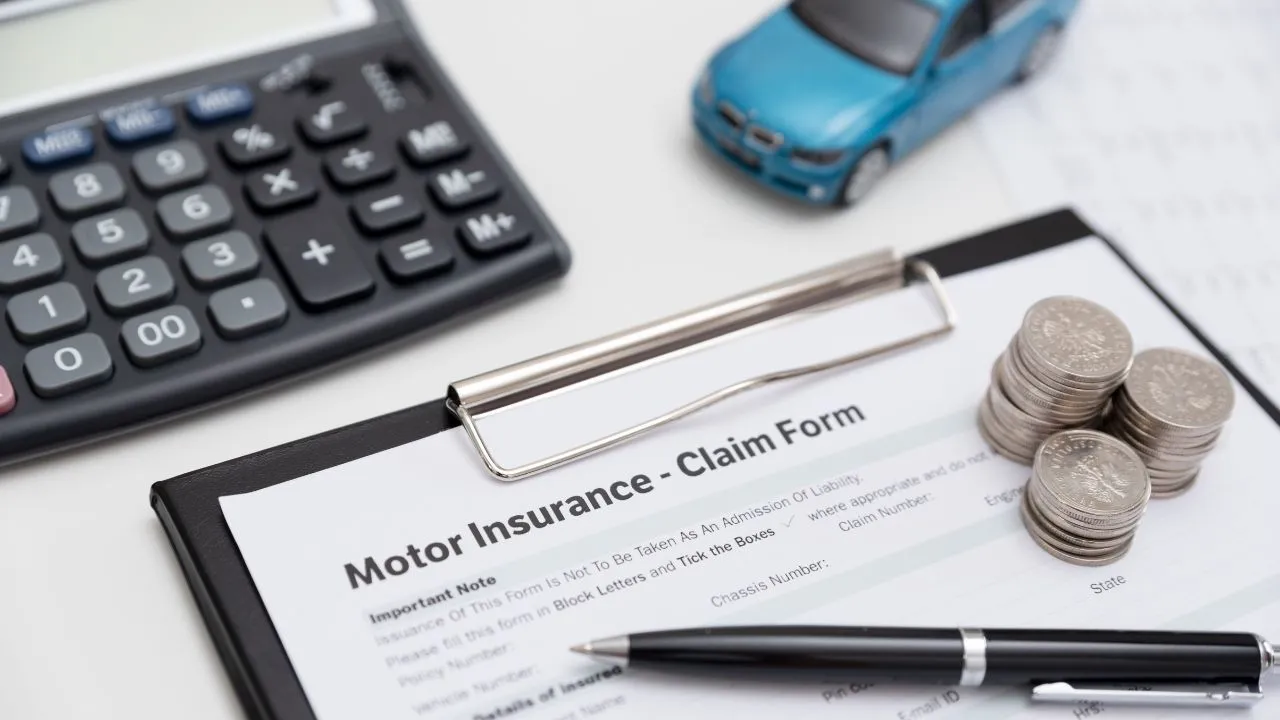The duration for insurance to pay out on a stolen vehicle may differ due to various factors such as the insurance company, policy type, and theft circumstances.
Generally, payment can range from several weeks to a few months.
What can I do to speed up the process of getting my insurance money after my car is stolen?
Some possible ways to speed up the process of getting your insurance money after your car is stolen are:
- Collect extensive details about your vehicle and the theft incident, including the car’s make, model, year, color, license plate number, vehicle identification number (VIN), any available GPS or tracking system data, personal belongings present in the car, and the precise location and time you last observed your vehicle.
- Contact your car’s lender or financer if you have one, and inform them about the theft. They may be able to help you with the claims process and communicate with your insurance company.
- Prepare yourself for a possible dispute over the value of your stolen car by collecting evidence such as the blue book value, information from independent appraisers, or other details that support your valuation or estimate.
- Cooperate with your insurance company and provide them with any additional information or documents they may request, such as a copy of the police report, proof of ownership, keys, receipts, etc. Be honest and accurate in your statements and avoid any delays or errors that could prolong the investigation.
What documents do I need to file a car theft insurance claim?
You will need to submit the following documents for a successful car theft insurance claim:
- Copy of insurance documents
- Original FIR copy
- The claim form
- Driving license copy
- RC book copy
- RTO transfer papers and relevant RTO forms
Are there any factors that can affect the duration of an insurance payout for a stolen vehicle?
Yes, there are some factors that can affect the duration of an insurance payout for a stolen vehicle. Some of these factors are:
1. Claim settlement delay
Insurance firms often establish an interim of several days or weeks prior to finalizing a claim for a purloined vehicle. They take this measure in hopes of the vehicle’s potential retrieval by law enforcement agencies.
2. Investigative measures
To validate the specifics of your claim and to scrutinize for potential deceit, the insurer carries out an inquiry. This procedure might entail a review of your police account, examination of your vehicle if found, solicitation of additional documentation, and the conducting of witness interviews.
3. Value assessment
The insurer ascertains the actual cash value (ACV) of your vehicle when it was stolen. This involves an evaluation of factors like the vehicle’s age, condition, mileage, and current market price, and may require consulting various resources including online databases, dealerships, and valuation experts.
4. Deductible implication
The comprehensive deductible agreed upon in your policy will be subtracted from your vehicle’s ACV by the insurer prior to disbursing the claim amount. The deductible represents the portion you consented to bear from your pocket for a covered loss during the purchase of your policy.
5. Financial obligations
In cases where your vehicle is under a loan or lease, the insurer compensates the lienholder, i.e., the lender or the leasing company, prior to allocating any residual amount to you. Nevertheless, if the ACV of your vehicle falls short of your remaining loan or lease amount, the obligation of settling the deficit lies with you unless you have gap coverage. Gap coverage is an elective benefit that compensates for the discrepancy between the ACV of your vehicle and the outstanding loan or lease amount in the event of total loss.
Can the process of investigating a stolen vehicle claim delay the insurance payout?
Yes, the process of investigating a stolen vehicle claim can delay the insurance payout. Some of the factors that can cause a delay are:
- The waiting period that most insurance companies have to see if the car will be recovered. This can range from 7 days to 2 weeks or more.
- The special investigations unit (SIU) of your insurance company may look into your claim to prevent fraud. This can take longer if they find any red flags or inconsistencies in your claim.
The cooperation and communication between you, the police, and the insurance company. If you fail to provide any information or documents that they request, or if you lie or exaggerate about your claim, this can slow down or even deny your payout.





